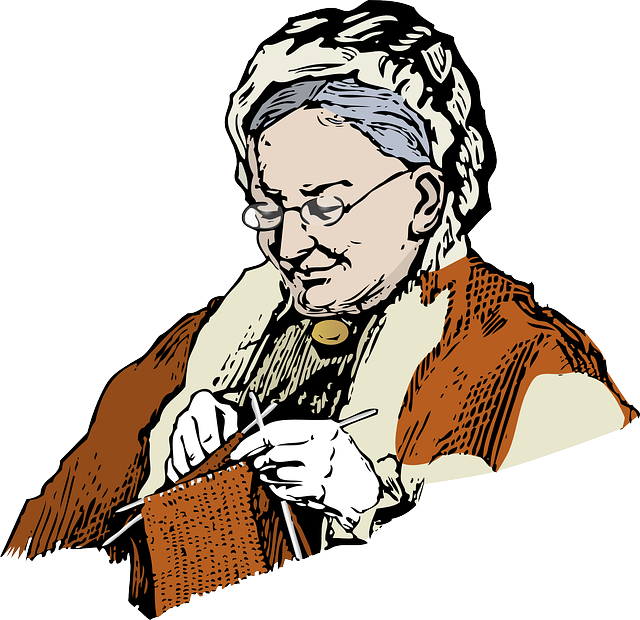Elderly Companion Services provide crucial support for seniors managing complex medication regimens, addressing challenges like forgetfulness, interactions, and lack of family support. These services offer personalized assistance with reminders, organization, and administration, revolutionizing medication management, reducing errors, and enhancing independence while fostering safety through regular check-ins and coordination with healthcare providers.
Medication management can be a complex task for seniors, leading to potential health risks. This article explores the challenges faced by elderly individuals in adhering to their medication schedules and highlights the supportive role of Elderly Companion Services. We discuss how these services integrate reminder systems to improve medication adherence, ensuring better health outcomes. Furthermore, we provide practical strategies for implementing and maintaining effective medication reminders, catering to the unique needs of senior citizens.
- Understanding the Challenges of Medication Management for Seniors
- The Role of Elderly Companion Services in Reminder Systems
- Effective Strategies for Implementing and Maintaining Medication Reminders
Understanding the Challenges of Medication Management for Seniors

Managing medications can be a complex task, especially for seniors who often take multiple drugs for various health conditions. The challenges are multifold; first, remembering to take each pill at the right time can be daunting, given the strict schedules required. Second, tracking different medications and their potential interactions is crucial to avoid adverse effects. Many elderly individuals live alone, making it difficult to rely on family or friends for reminders. This is where Elderly Companion Services play a vital role; they provide personalized assistance tailored to the unique needs of seniors, ensuring medication adherence and overall well-being.
Additionally, cognitive changes associated with aging can impact a senior’s ability to manage medications effectively. They might forget doses, take the wrong amount, or even lose track of their pills. Companion services offer regular medication management support, reminding clients to take their medicines and even assisting with refills and organizing pill organizers. These services are designed to revolutionize medication management for seniors, fostering independence while ensuring safety and peace of mind.
The Role of Elderly Companion Services in Reminder Systems

Elderly Companion Services play a vital role in medication reminder systems for seniors, acting as a supportive network to ensure adherence to complex prescription regimens. These services provide personalized assistance tailored to each individual’s unique needs and preferences, making them an invaluable asset in promoting healthy aging. Companions can help with daily tasks related to medications, such as setting reminders, organizing pillboxes, and even assisting with the actual administration of medication.
By incorporating Elderly Companion Services into reminder systems, seniors gain peace of mind knowing that their health is being actively managed. This support system helps reduce the risk of medication errors, improves adherence to treatment plans, and ultimately contributes to better health outcomes. The human element offered by these services adds a layer of care and attention that technology alone cannot replicate, fostering a sense of independence and well-being among seniors.
Effective Strategies for Implementing and Maintaining Medication Reminders

Implementing and maintaining medication reminders for seniors is a multifaceted task that can greatly benefit from professional support, such as Elderly Companion Services. One effective strategy involves the use of digital tools like smartphone apps designed specifically for tracking medication schedules. These apps often feature alarms and reminders that can be customized for each medication, ensuring the elderly individual never misses a dose. Many also offer features to log side effects, which can prove valuable in coordinating with healthcare providers.
Additionally, visual cues and physical reminders can significantly enhance adherence. Companion services might encourage the use of pill organizers or dispensers with compartment divisions for each day and time. Keeping medications out in plain sight, perhaps on a kitchen counter or near the television, can also serve as a subtle but effective nudge. Regular check-ins by companions or caregivers during mealtimes or other routine activities provide opportunities to verify medication intake and offer gentle reminders when necessary.
Medication management can be a complex challenge for seniors, but with the right strategies and support, it becomes more manageable. Elderly Companion Services play a vital role in providing assistance, ensuring seniors adhere to their medication schedules. By combining these services with effective reminder systems, we can significantly improve medication adherence among older adults. Regular assessment and customization of these strategies are key to long-term success, ultimately enhancing the quality of life for our aging population.




